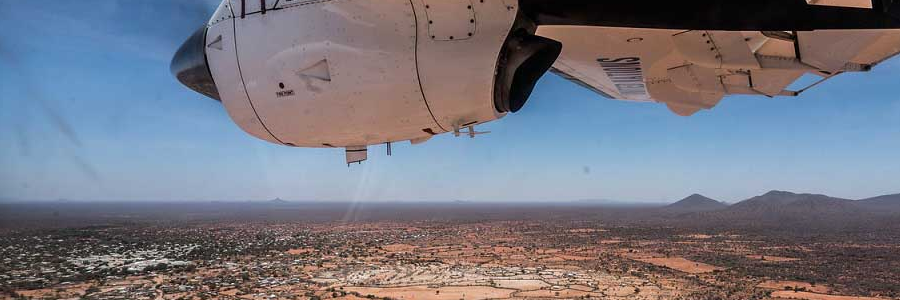Humanitarian aid workers want to help people in some of the biggest war zones, but extreme risks and threats are paralyzing their operations, a United Nations-backed report today concluded.
“Conflict parties’ lack of respect for the fundamental tenets of international humanitarian law and the brutality and volatility of today’s armed conflicts make it extremely difficult and dangerous for these brave aid workers to deliver humanitarian assistance and protection in complex emergencies,” UN Emergency Relief Coordinator Stephen O’Brien, whose Office for the Coordination of Humanitarian Affairs (OCHA) co-produced the report.
Presence and Proximity: To Stay and Deliver, Five Years On, produced by OCHA, the Norwegian Refugee Council (NRC) and Jindal School of International Affairs in India, is based on interviews with more than 2,000 international and national aid workers, and includes case studies on humanitarian aid in Afghanistan, the Central African Republic (CAR), Syria and Yemen.
“It is our duty as aid workers to work where needs are greatest. But our international humanitarian community is failing too many people in too many places, from Syria and Yemen to South Sudan and Nigeria. Extreme risks and threats are paralysing too many organizations and their ability to deliver aid and save lives,” Jan Egeland, Secretary General of NRC.
Among its findings, the report found that as overall needs in the field have grown, so have the funding gaps, which necessitate cutting of projects and aid work. Based on interviews with aid workers, the authors also concluded that abductions of workers are on the rise, criminality is seen as a rising threat, and the number of incidents against national aid workers has increased.
The report is a five-year follow-up to the 2011 document, To Stay and Deliver, which provided advice and recommendations to practitioners on critical issues, such as risk management, responsible partnerships, adherence to humanitarian principles, acceptance and negotiations with relevant actors.
Source: UN. Read full information.
6 July, 2017

